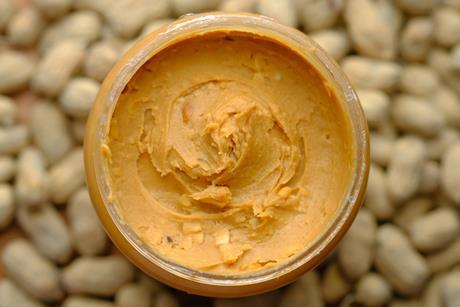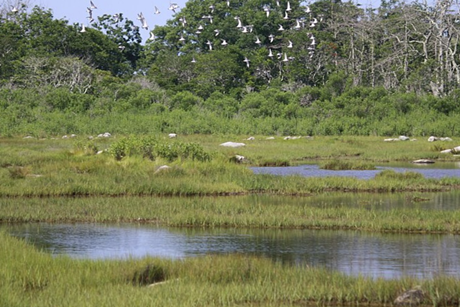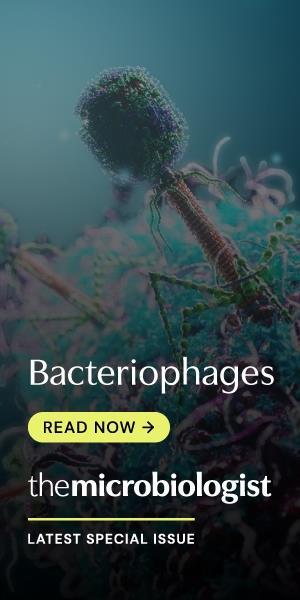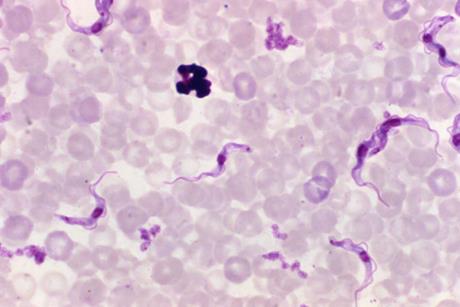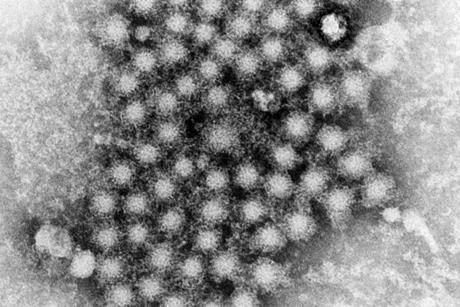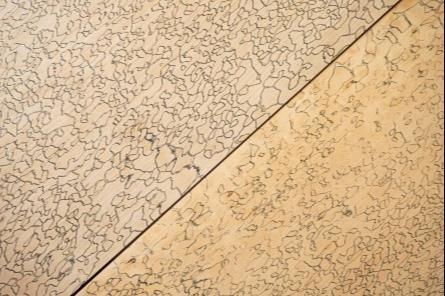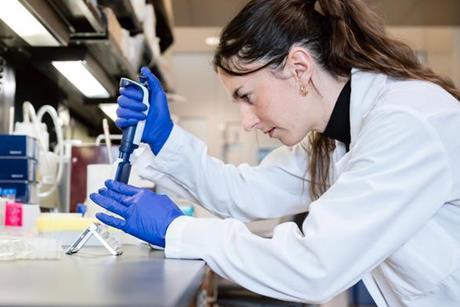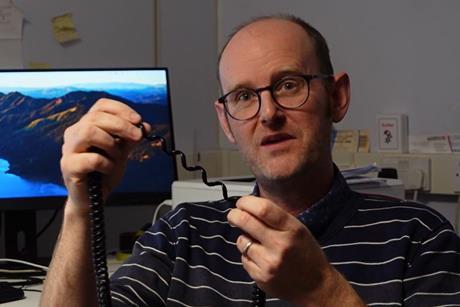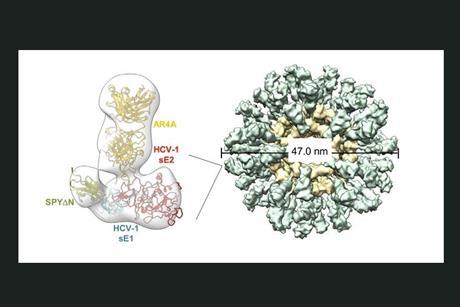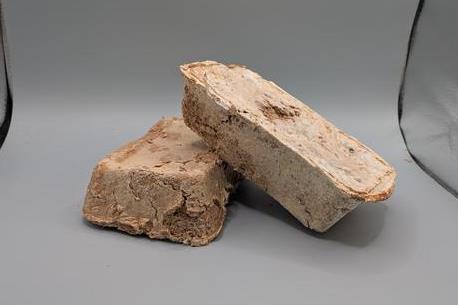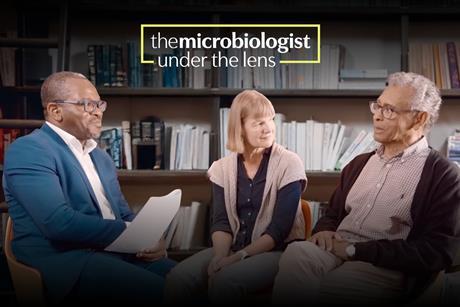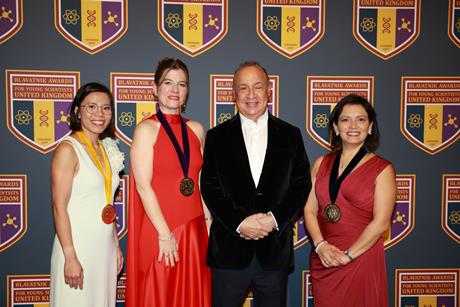Latest news
Bacteria found in mouth and gut may help protect against severe peanut allergic reactions
One of the big mysteries in food allergy is why two people with similar levels of peanut specific antibodies can react so differently. A new study shows for the first time how gut bacteria break down parts of an allergenic food and influence how a person reacts to peanuts.
Growing buildings in space: researchers test fungi as construction material for moon, Mars
A NASA-funded project will investigate whether certain fungi can be combined with regolith — loose rock and soil found on the surface of the moon and other planets — to create materials that could one day support construction in places other than Earth.
Study finds natural fungal supplement improves COVID-19 vaccine response
Researchers have found that a natural fungal supplement taken at the time of COVID-19 vaccination reduced short-term vaccine side effects and helped antibodies last longer in people who had not previously been exposed to the virus.
Prolonged drought linked to instability in key nitrogen-cycling microbes in Connecticut salt marsh
A prolonged drought in southeastern Connecticut reduced the stability of microorganisms responsible for a critical step in the nitrogen cycle in a coastal salt marsh, according to new research.
New tool reveals the secrets of HIV-infected cells
Scientists have developed a novel tool—named HIV-seq—for profiling the features of rare HIV-infected cells from people with HIV. Using the new tool, they’ve found key differences in people’s HIV-infected cells before versus after starting antiretroviral therapy.
Chemically ‘stapled’ peptides used to target difficult-to-treat cancers
Researchers have developed a new technology that uses bacteria to build, chemically stabilise, and test millions of potential drug molecules inside living cells. The bacteria produce vast libraries of peptide molecules, and chemically stabilise them into defined shapes while they are being tested inside the cell.
Bacteria found in mouth and gut may help protect against severe peanut allergic reactions
One of the big mysteries in food allergy is why two people with similar levels of peanut specific antibodies can react so differently. A new study shows for the first time how gut bacteria break down parts of an allergenic food and influence how a person reacts to peanuts.
Study finds natural fungal supplement improves COVID-19 vaccine response
Researchers have found that a natural fungal supplement taken at the time of COVID-19 vaccination reduced short-term vaccine side effects and helped antibodies last longer in people who had not previously been exposed to the virus.
Prolonged drought linked to instability in key nitrogen-cycling microbes in Connecticut salt marsh
A prolonged drought in southeastern Connecticut reduced the stability of microorganisms responsible for a critical step in the nitrogen cycle in a coastal salt marsh, according to new research.
Acoziborole Winthrop receives European Medicines Agency positive opinion as three-tablet, single-dose treatment for most common form of sleeping sickness
The European Medicines Agency has granted a positive opinion to Acoziborole Winthrop (acoziborole) as a single-dose oral treatment for both early- and advanced-stage gambiense sleeping sickness in adults as well as in adolescents 12 years and older weighing at least 40 kilograms.
Huayunuo approval positions China at forefront of viral hepatitis innovation, says GlobalData
Huahui Health has recently secured conditional approval from China for Huayunuo (Libevitug Injection), marking it as the first domestically developed monoclonal antibody (mAb) drug for chronic hepatitis D virus (HDV) infection in adults with or without compensated cirrhosis.
Scaling up: Fungus plays key role in crafting spalted wood
A new standardized, scalable process deploys a fungal pest of deciduous trees to create a unique woodworking product - spalted wood, with its distinctive etched black markings.
New tool reveals the secrets of HIV-infected cells
Scientists have developed a novel tool—named HIV-seq—for profiling the features of rare HIV-infected cells from people with HIV. Using the new tool, they’ve found key differences in people’s HIV-infected cells before versus after starting antiretroviral therapy.
Chemically ‘stapled’ peptides used to target difficult-to-treat cancers
Researchers have developed a new technology that uses bacteria to build, chemically stabilise, and test millions of potential drug molecules inside living cells. The bacteria produce vast libraries of peptide molecules, and chemically stabilise them into defined shapes while they are being tested inside the cell.
Nanoparticle vaccine approach takes on a new target: Hepatitis C virus
Scientists have engineered a native-like, stabilized version of Hepatitis C virus’s E1E2 complex and used it to build a nanoparticle-based vaccine candidate. It uses a technology called self-assembling protein nanoparticles, which organizes copies of the proteins into virus-like clusters that the immune system can recognize.
Growing buildings in space: researchers test fungi as construction material for moon, Mars
A NASA-funded project will investigate whether certain fungi can be combined with regolith — loose rock and soil found on the surface of the moon and other planets — to create materials that could one day support construction in places other than Earth.
Under the Lens: Nicola Holden and Gil Domingue weigh in on the raw milk debate
The latest episode of Applied Microbiology International’s ‘Under The Lens’ video series turns the spotlight on the contentious issue of raw milk, with AMI Trustee Professor Emmanuel Adukwu interviewing Professor Nicola Holden and Dr Gil Domingue.
Three women named Britain’s Brightest Young Scientists, each winning ‘unrestricted’ £100,000 Blavatnik Awards prize
The Blavatnik Family Foundation and The New York Academy of Sciences has announced the three 2026 Laureates of the Blavatnik Awards for Young Scientists in the United Kingdom, who each receive £100,000 – the nation’s largest unrestricted prize for science.

